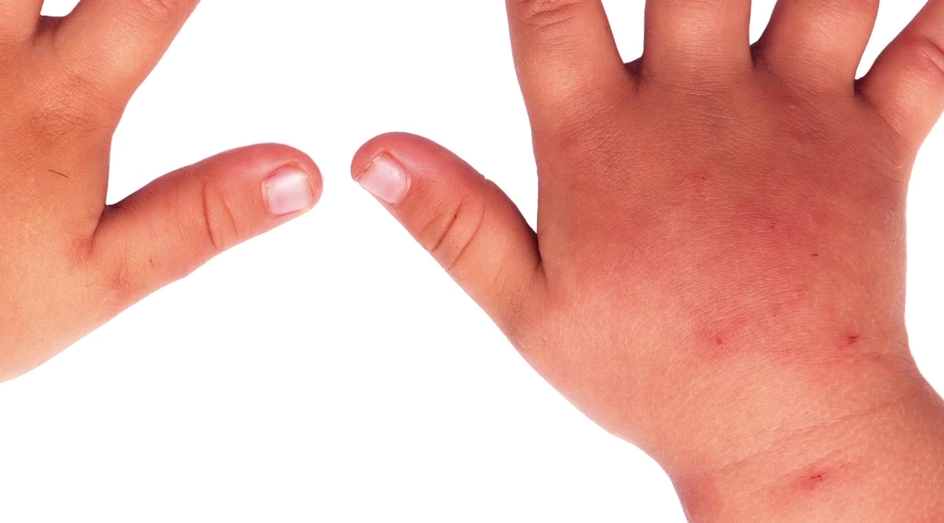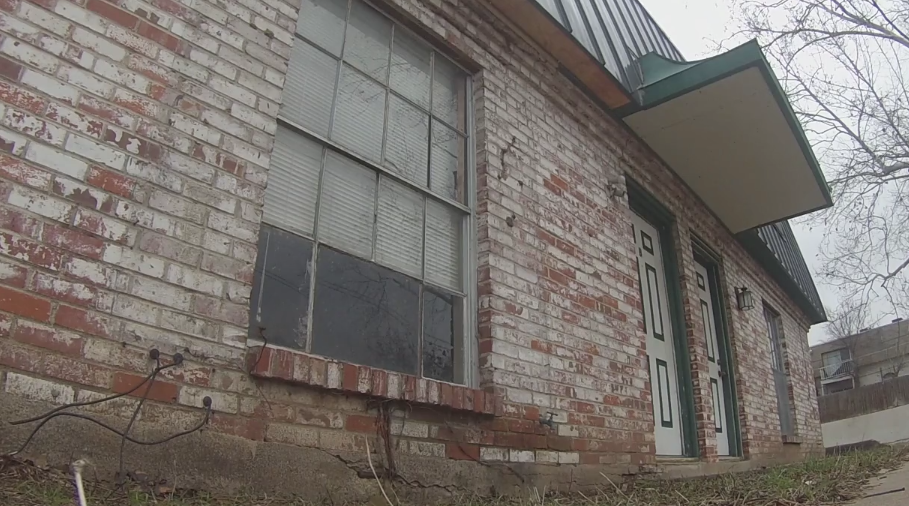
Mosquito bites. They’re not usually considered a serious medical issue, but when a toddler named Dee walked in to a clinic in Austin covered with them, it ended up being a sign of much more.
Dee’s story begins in an exam room at People’s Community Clinic. After doctors and nurses treated her repeat mosquito bites with creams and medicine, they made the effort to ask a simple question – why does she keep getting the bug bites?
Turns out, Dee’s family said mosquitos were getting into their apartment because the broken air conditioner meant they had to open the windows. The landlord had declined to install screens. Dee’s family was undocumented, so they didn’t want to complain.

Hope for Dee and her family came through a program called the Austin Medical-Legal Partnership. It’s a group that stations lawyers inside the clinic to work with patients’ legal issues, like housing and employment problems that end up having a dramatic effect on their health.
After intervention by Partnership attorneys, the landlord allowed Dee’s family to break their apartment lease and find a healthier place to live.
“No amount of creams or steroids were going to remedy the health issues and Dee’s treatment wasn’t going to be effective until we took care of the root cause,” said attorney Keegan Warren-Clem, legal champion for the Partnership.
Dee’s story is a clear example of how addressing root causes of medical problems – outside of a clinic — can improve the health of an entire family.
Dee’s story is also a prime example of why our health system is broken and what’s needed to help fix it.
It’s clear that issues like housing, employment, poverty, transportation and education have a great influence on a family’s health status, but almost all of our money is spent on health care, not health.
The U.S. spends $2.9 trillion a year on health care (18 percent of all goods and services produced across the country). That’s much more than any other nation spends on health care. When it comes to spending money on social services like poverty, housing and education, the U.S. ranks below most developed countries in the world.
What’s the real result for families in the U.S.? Despite massive spending on health care, we also have the lowest life expectancy and highest rate of infant mortality of those developed countries.
It’s Raymond, a 45-year-old man who is schizophrenic and doesn’t know how to get help. It’s Maria, a senior who can’t drive to a health clinic. It’s Mark, a third-grader who still struggles to read. It’s the Casey family of six, who doesn’t have health insurance. It’s Dee, a toddler who gets infected mosquito bites over and over because a landlord won’t fix the air conditioner.
If we don’t address the root causes of poor health, clinic visits alone won’t be able to make a difference. Overall community health will continue to decline and vulnerable, low-income families will continue to suffer more than anyone else.
These critical needs are why the EHF was created. They are the reason we’re working so hard to be a new voice for health in Texas by creating a transformative culture to address those needs. Filling the gap in community health across the state is not our goal. We aim to close it.
Our grant investments fund organizations and programs that work “upstream” to focus on new and different ways to provide preventive health services, not just “after-the-fact” medical care.
We fund clinics that make home visits to asthmatic children to identify and remediate their particular environmental triggers. We’re supporting a pilot, school-based telemedicine program connecting rural students with primary care doctors. We’re helping to expand a groundbreaking project that’s improving the health of frequent ER patients by coordinating social services and medical care outside of the ER – all while drastically reducing costs to the health care system.
Along with these grants, we work with 153 churches across the Episcopal Diocese of Texas to establish, improve and expand community health outreach by congregations. We help them better understand their own community health needs and provide training focused on crucial issues like mental health and access to health services. Congregations are working to connect with their larger communities to begin building positive changes to improve health.
We’re convinced that simply building more clinics to serve more people won’t heal a broken health system. We’re focused on long-lasting improvements that truly transform community health. We see every grant, program, research project and church endeavor as chapters in our story of change. Each is unique. And not every chapter will tell a story of success every time.
But as Dee’s family learned, even a small effort to heal a broken system is a great place to start.
